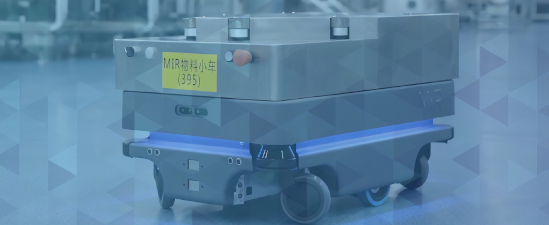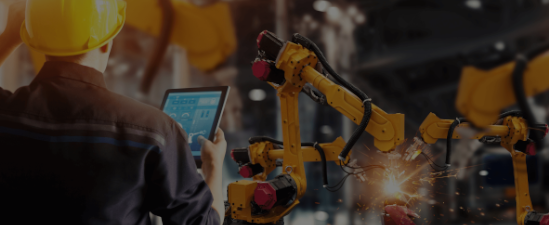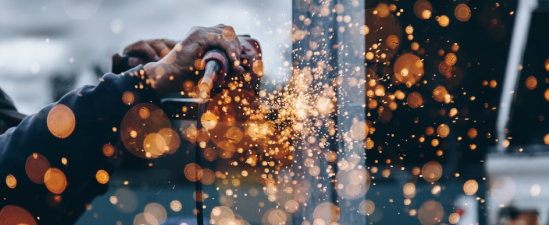Will South Africa follow China’s example after lockdown?
Date Published: 07-04-2020
In China, strict quarantine measures similar to our lockdown, designed to stop the threat of the coronavirus prevented nearly 300 million migrant workers from returning to their jobs, and so shutting down one of the largest economies in the world for nearly three weeks and paralyzing global supply chains.
As we are in our second week of lockdown, I look at some of the measures that China and more specifically, Chinese factories have put in place to help their workforce doing their jobs as safely as possible.
Authorities and businesses are taking a range of measures:
- Local governments are chartering buses for workers;
- Some companies are buying out entire hotels to house quarantined staff and;
- A temporarily shuttered movie studio is even loaning employees to factories that are short on labour.
In the Chinese provinces all businesses must navigate a lengthy list of requirements to obtain permission from local authorities to reopen. Business owners must provide officials with a full list of employees. These lists are then vetted using “big data methods”. Workers have to enter their national ID number and phone numbers into a new provincial app created as part of virus control efforts, which identifies the cities and provinces they visited in the previous two weeks. Factories are also expected to quarantine anyone who spent time in a heavily infected area for two weeks, before allowing them to enter the facility.
In the Chinese provinces all businesses must navigate a lengthy list of requirements to obtain permission from local authorities to reopen.
To protect healthy workers, factories also had to show teams of inspectors that it is stocked with masks and disinfectants, and has enough space to serve as quarantine wards, should the need arise.
Emerging technologies are being deployed all across Asia to help fight the coronavirus outbreak. China are using robots to disinfect hospitals and to deliver medical supplies. In Singapore, government data has enabled detailed mapping of the outbreak using artificial intelligence (AI) to help track the outbreak.
You don’t have to go far to see the impact and changes this pandemic has brought with it to South Africa. Visit your local convenience store that is still trading and you will see face masks, sanitizer, and social distancing being enforced, even at the pay points.
The big questions is: Will South Africa also innovate? Will we embrace the technologies already available? Will we use robotics and AI for more than just something used on a factory floor?



